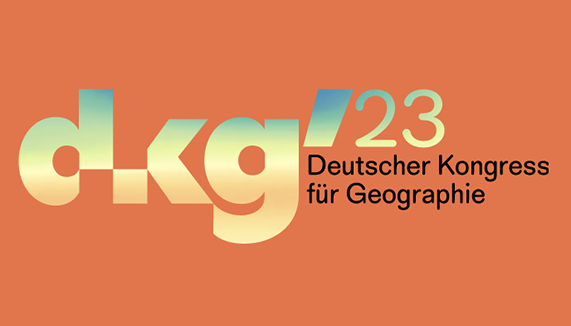
The regulate-team is going to chair a session on “Groundwater Geographies: (in)visible flows, (un)traceable past, (un)certain future” at the upcoming “Deutscher Kongress für Geographie 2023 (DKG)” in Frankfurt am Main. The session welcomes contributions that explore the spatial, scalar and temporal dimensions of groundwater. Attempting to bring multiple disciplinary lenses into engagement to tease out the potential geographical groundwater research has to envision planetary groundwater futures.
Groundwater has become visible over the past years as a key resource for drinking water and food supply under threat. It can moreover be seen as key in adapting to the effects from climate change, e.g. by providing water to ecosystems and buffering periods of drought. Along this vein, groundwater has been declared as key to managing water in the Anthropocene. The UN recognized this importance by dedicating its water theme in 2022 to “Groundwater: Making the Invisible Visible”. Groundwater serves to integrate multiple perspectives – all of which potentially contribute to imaginaries of resource governance in the Anthropocene. Telecoupling research and Socio-Hydrology are two interdisciplinary lines of enquiry that engage with geographical questions of boundaries and scales, and that we will apply as lenses for geographical groundwater research in this session (see also York et al., 2019; Luetkemeier et al., 2021; Zurita et al., 2019).
Find further information on the session and submission process here. The call runs until March 13th.
